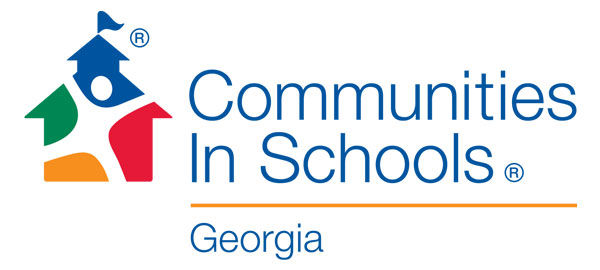 Getty Images
Getty Images
Think of Education as More Than Just School
By Kwame Owusu-Kesse and Geoffrey Canada | Chief executive and president of Harlem Children’s Zone
Since Brown v. Board of Education in 1954, schools have failed to eliminate the opportunity gap between Black and white children in America. How do we make schools actually work for all children?
The nation has been pondering this question for decades, with answers that have fallen woefully short for poor students. But we think this is the wrong question. What the country should be asking is, how do we change the neighborhoods around schools to make them places where young people can find success — in school and beyond?
If we are going to break the cycle of poverty, we must reimagine education in America. We can no longer view education as simply the things that go on inside that building we call “school.” Such a narrow-minded focus has proved inadequate to the task of moving large populations out of poverty. We must broaden the focus of education to encompass the communities around the school building.
Researchers such as the Harvard economist Raj Chetty have made clear that the neighborhood where a child grows up is perhaps the chief determinant of that child’s social and economic mobility. Of course, the quality of the school the child attends is important, but so is the level of residential segregation, the neighborhood’s social capital, the stability of that child’s family and the neighborhood’s level of poverty.
The Harlem Children’s Zone has achieved success with this approach. We have eliminated the Black-white achievement gap in our schools and have graduated over 1,000 students from college over the last decade. But we are not alone. Other organizations throughout the nation, such as StriveTogether, Northside Achievement Zone, and Communities in Schools have used the same holistic approach to open pathways for upward mobility for poor children.
An emerging field of practice centered on “place” (i.e., where a child grows up) has championed the providing of comprehensive services to neighborhoods to effectively combat poverty. These services include high quality education and cradle-to-career youth programming, physical and mental health support, work force development, affordable housing and community leadership development.
This is the level of support that our nation must direct to poor communities across America. The focus of the William Julius Wilson Institute at the Harlem Children’s Zone is to scale the effectiveness of high-impact organizations around the country through capacity building and technical assistance. But the resources to fund such ambitious programming have been painfully deficient.
America cannot afford to continue to waste all the talent in these communities. When these communities suffer, the economy suffers. When the economy suffers, we all suffer. We must reach a point where the word education means much more than schools; it means truly transforming a child’s life from cradle to career.
